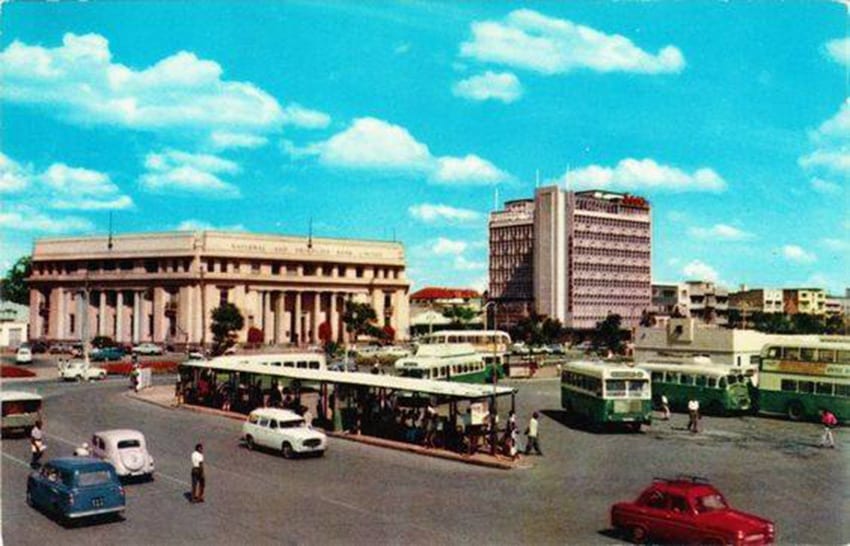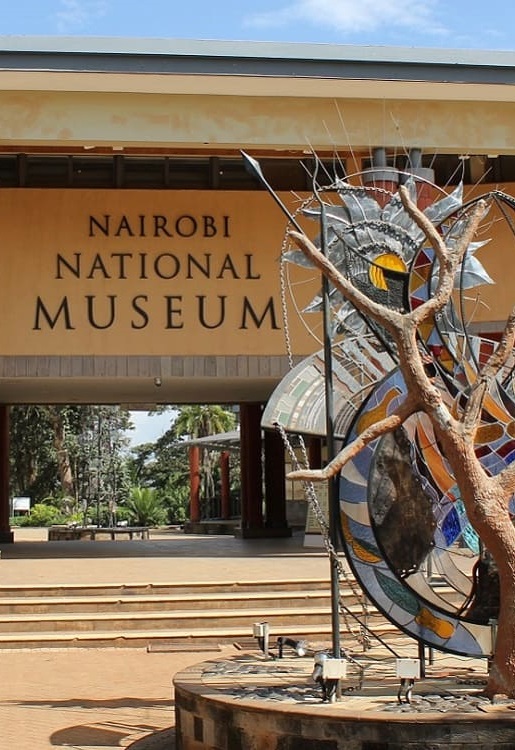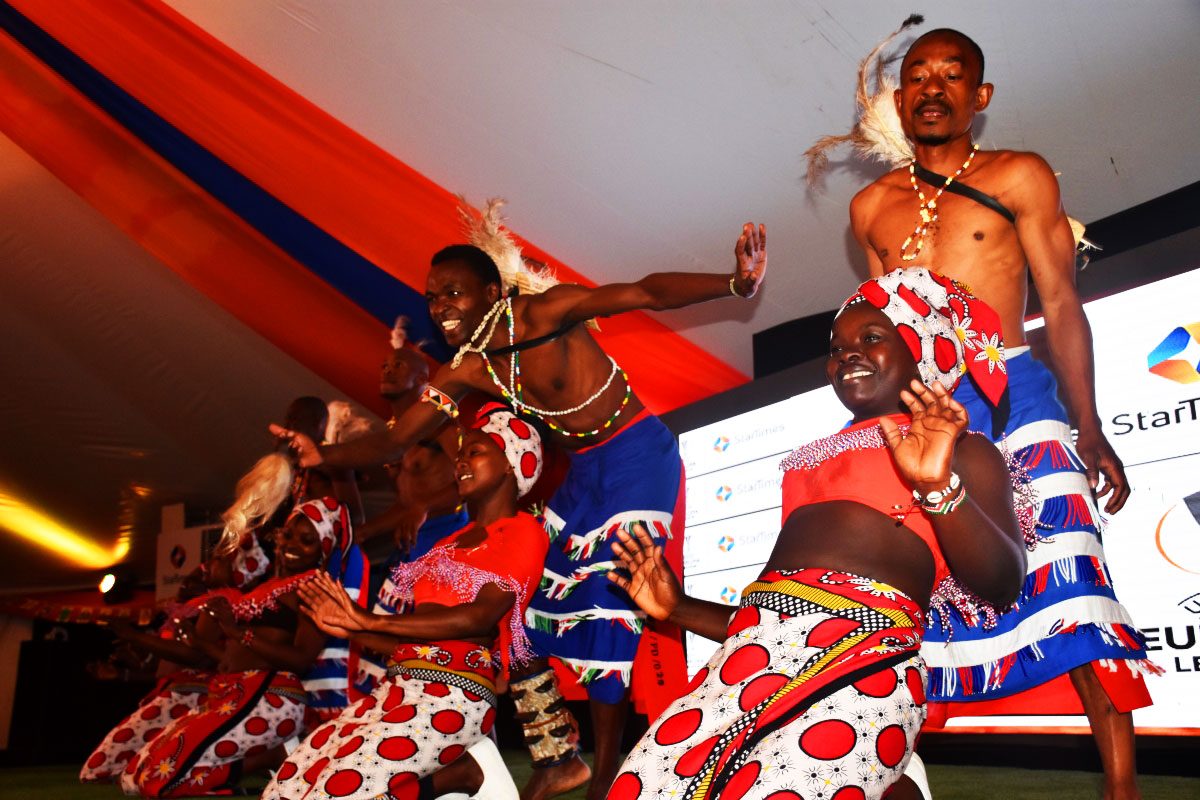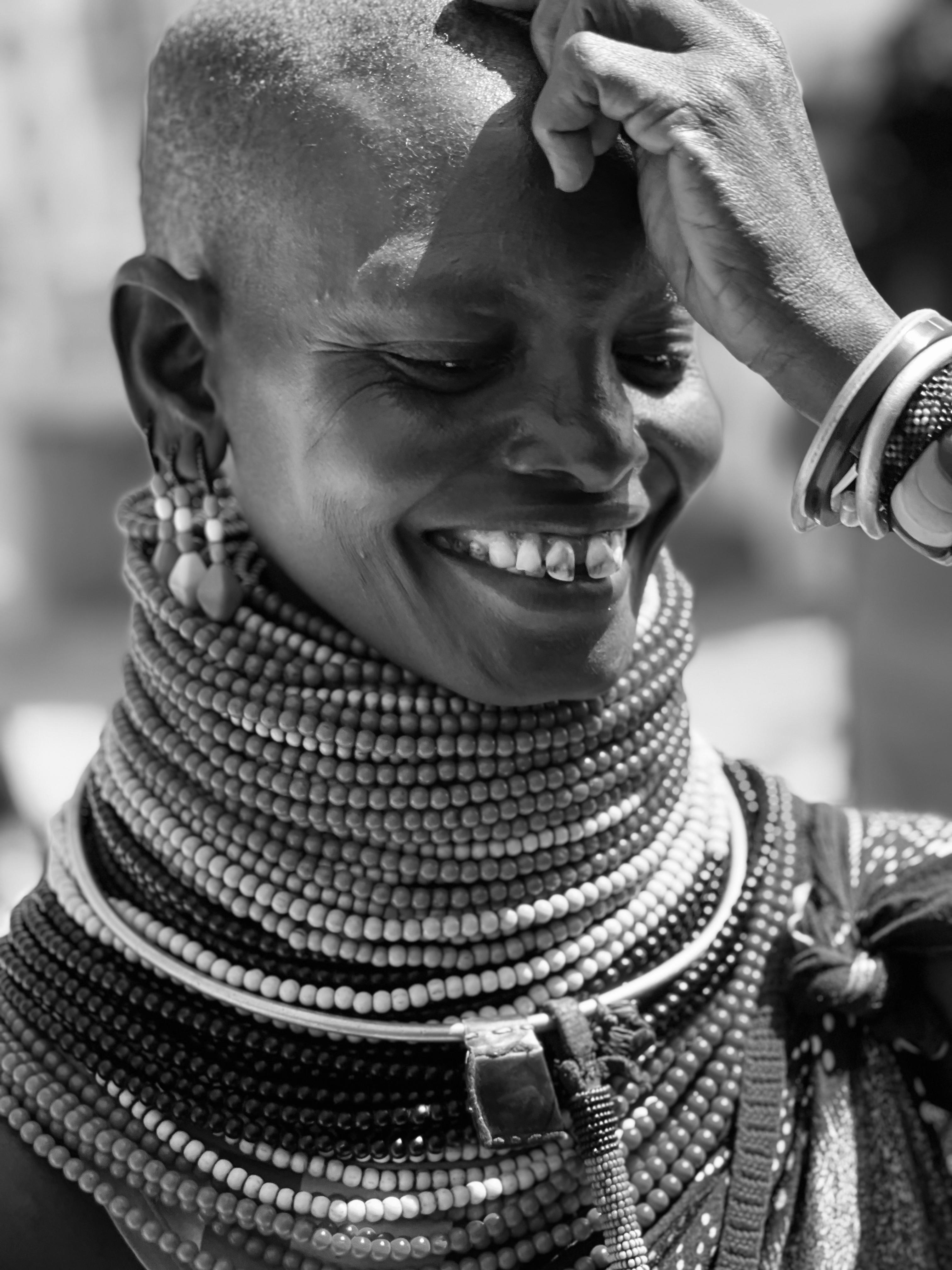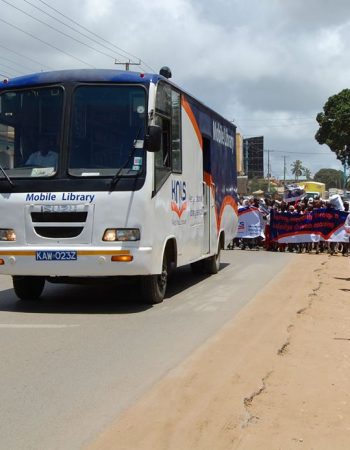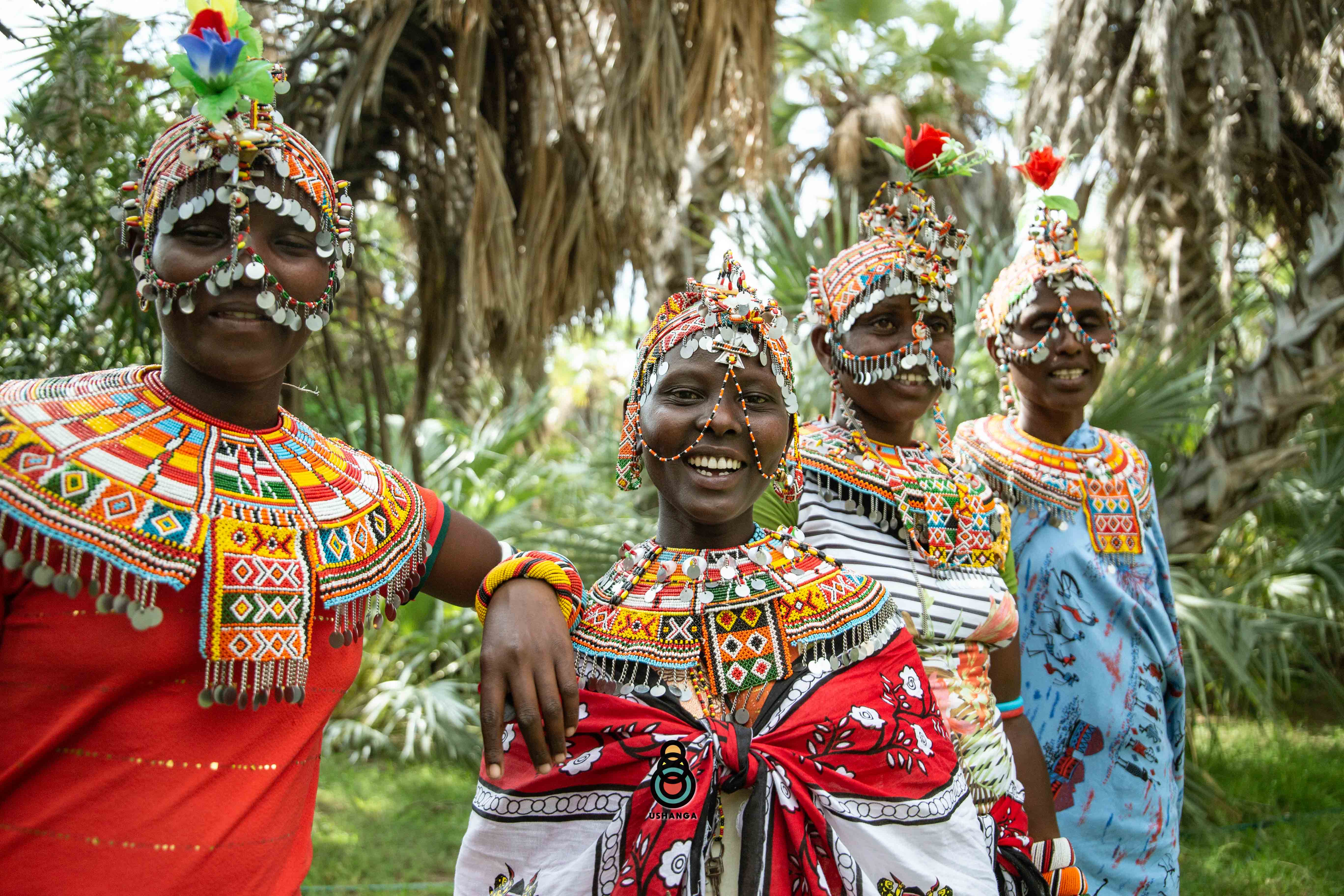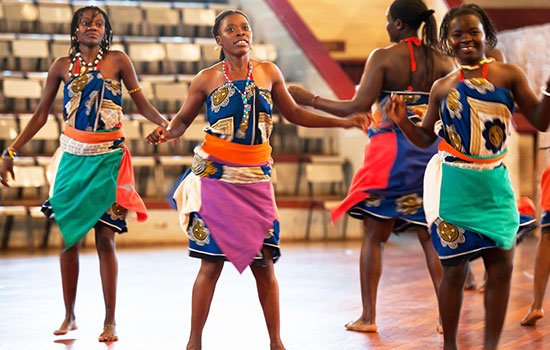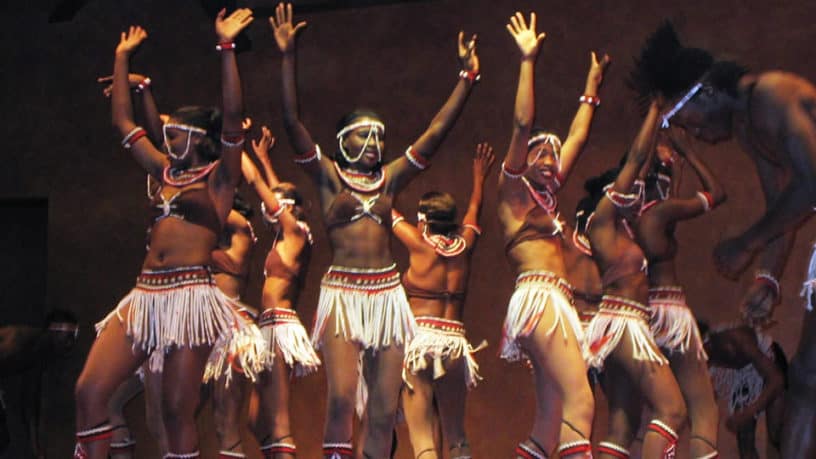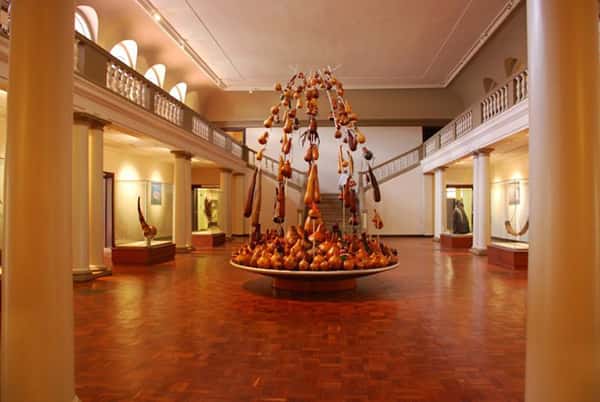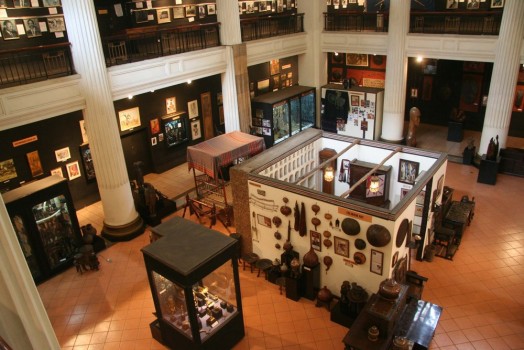State Agencies
SAGAs
About Us
National Heroes Council
The National Heroes Council is a State Corporation established by the Kenya Heroes Act No 5 of 2014 in accordance with the State Corporation Act (CAP. 446), Ministry of Gender, Culture, the Arts and Heritage in the State Department for Culture, the Arts and Heritage.
VISION
A leader in appreciating, honouring and rewarding, our heroes.
MISSION
To promote nationalism through identification, documentation and honouring of national heroes in recognition of their efforts, contribution and sacrifice for the benefit of its citizens.
